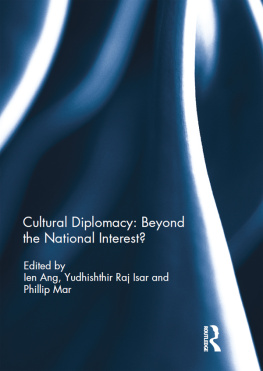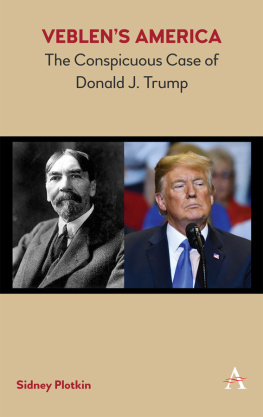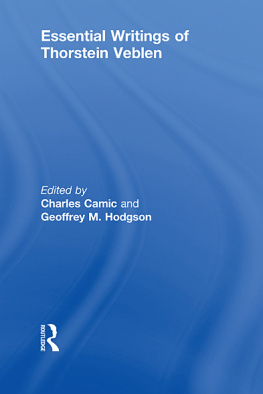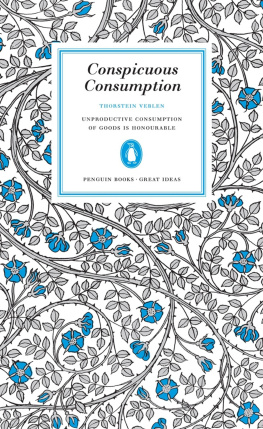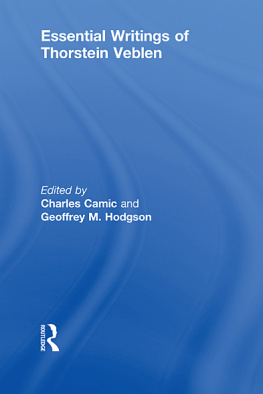
From the Peaceable to the Barbaric
This book applies Thorstein Veblens cultural theory to a qualitative study of the charro cowboy culture and community in Mexico. Drawing on Veblens arguments regarding cultural lag, the peaceable and the barbaric, predatory culture, vested interest, and pecuniary interest, it examines the comportment, clothing, mannerisms, and adherence to the norms that are unique to this subculture, while considering the cultural changes within race, class, and gender dynamics of this community in relation to mainstream Mexico. With close attention to the impact of business principles and standardization on the charro, leading to changes in practices and social interactions, the author considers generational differences and the tensions that exist between newer and older charros as a result of the developing emphasis on business. A close study of the nature of cultural adaptability and the persistence of inequality regardless of mainstream illusions of equality, this volume sheds new light on our understanding of what culture is rather than what culture does, while reintroducing the neglected ethnographic streak in Veblens work as an important methodological and theoretical tool in the interpretation of culture.
Beatriz Aldana Marquez is Assistant Professor in the Department of Sociology at Texas State University.
Classical and Contemporary Social Theory
Classical and Contemporary Social Theory publishes rigorous scholarly work that re-discovers the relevance of social theory for contemporary times, demonstrating the enduring importance of theory for modern social issues. The series covers social theory in a broad sense, inviting contributions on both 'classical' and modern theory, thus encompassing sociology, without being confined to a single discipline. As such, work from across the social sciences is welcome, provided that volumes address the social context of particular issues, subjects, or figures and offer new understandings of social reality and the contribution of a theorist or school to our understanding of it.
The series considers significant new appraisals of established thinkers or schools, comparative works or contributions that discuss a particular social issue or phenomenon in relation to the work of specific theorists or theoretical approaches. Contributions are welcome that assess broad strands of thought within certain schools or across the work of a number of thinkers, but always with an eye toward contributing to contemporary understandings of social issues and contexts.
Series Editor
Stjepan G. Mestrovic, Texas A&M University, USA
Freud as a Social and Cultural Theorist
On Human Nature and the Civilizing Process
Howard L. Kaye
From the Peaceable to the Barbaric
Thorstein Veblen and the Charro Cowboy
Beatriz Aldana Marquez
Morality Made Visible
Edward Westermarcks Moral and Social Theory
Otto Pipatti
Critical and Cultural Interactionism
Insights from Sociology and Criminology
Edited by Michael Hviid Jacobsen
For more information about this series, please visit: https://www.routledge.com/sociology/series/ASHSER1383
First published 2019
by Routledge
2 Park Square, Milton Park, Abingdon, Oxon OX14 4RN
and by Routledge
52 Vanderbilt Avenue, New York, NY 10017
Routledge is an imprint of the Taylor & Francis Group, an informa business
2019 Beatriz Aldana Marquez
The right of Beatriz Aldana Marquez to be identified as author of this work has been asserted by her in accordance with sections 77 and 78 of the Copyright, Designs and Patents Act 1988.
All rights reserved. No part of this book may be reprinted or reproduced or utilised in any form or by any electronic, mechanical, or other means, now known or hereafter invented, including photocopying and recording, or in any information storage or retrieval system, without permission in writing from the publishers.
Trademark notice: Product or corporate names may be trademarks or registered trademarks, and are used only for identification and explanation without intent to infringe.
British Library Cataloguing in Publication Data
A catalogue record for this book is available from the British Library
Library of Congress Cataloging-in-Publication Data
Names: Aldana Marquez, Beatriz, author.
Title: From the peaceable to the barbaric : Thorstein Veblen and the charro cowboy / Beatriz Aldana Marquez.
Description: Abingdon, Oxon ; New York, NY : Routledge, 2019. | Series: Classical and contemporary social theory series | Includes bibliographical references and index.
Identifiers: LCCN 2018049512| ISBN 9781138498273 (hbk : alk. paper) | ISBN 9781351016599 (ebk)
Subjects: LCSH: Charros--Mexico. | Social classes--Mexico. | Group identity--Mexico. | Veblen, Thorstein, 1857-1929.
Classification: LCC SF284.42.M6 A43 2019 | DDC 636.2--dc23
LC record available at https://lccn.loc.gov/2018049512
ISBN: 978-1-138-49827-3 (hbk)
ISBN: 978-1-351-01659-9 (ebk)
Thorstein Veblens cultural analysis has been used in the areas of culture and economics to explain differences in consumption based on social class. While Veblens most recognized theory, conspicuous consumption, is widely used in sociology, Veblens other vast contributions remain predominantly unknown and unused by cultural theorists in sociology. The aim of this book is to connect Veblens contributions using the case study of the charro (Mexican cowboy, which I will refer to as the charro cowboy) community. This community can be defined as a specific type of Mexican rural culture originating from the colonial period that later formed into a rodeo type of culture. While this work extends beyond the Untied States, it validates Veblens theory as transcending beyond American borders and can be useful to explore and investigate changing social cultural phenomena. The charro cowboy tradition, the national sport of Mexico, serves as the personification of centuries of culture and tradition as it is displayed through comportment and clothing, as well as the behavior, mannerisms, and adherence to the norms that are unique to this subculture. The charro cowboy community serves as an ideal case study of Veblens conception of the peaceable to the barbaric due to the growing influence of business principles. Although the charro cowboy tradition has changed throughout the years, Veblens theories can help document the cultural changes within race, class, and gender of this community in relation to mainstream Mexico, making his theories relevant to current ethnographic analyses.
Thorstein Veblen (18571929) was a Norwegian-American social theorist who is simultaneously praised as Americas greatest social critic and largely forgotten in the social sciences. He has been labeled variously as an economist, sociologist, and social critic. But according to his biographer, Joseph Dorfman, he devoted most of his time at the University of Chicago to studies of ethnographies and anthropology. But he is not cited by contemporary anthropologists or ethnographers. I propose to develop and apply this neglected ethnographic part of Veblens social theory, with regard to both theory and methodology. Like his contemporaries, Durkheim and Westermarck, Veblen developed an evolutionary theory of culture based upon extensive ethnographic research. The key points of his theory are that ancient barbaric traits are carried over into modern traits of conspicuous consumption, waste, and leisure; that the barbaric status of women as trophies is transformed but not eliminated in modern cultures; and that the dolicho-blond (white) cultural group carries predatory habits from the past into the present and future. I will illustrate these points, among others, in my ethnography of the charro cowboy community in contemporary Mexico.


